Healthy🟢 Organic🟢 Made w/Love 💚




In 1831, the French aristocrat Alexis de Tocqueville began a nine-month long tour of the United States. While his official mission was to study the American prison system to bring back suggestions for France to implement, de Tocqueville studied many aspects of American society.

How ideas such as civilization and progress have been used as a smoke screen for western dominance.
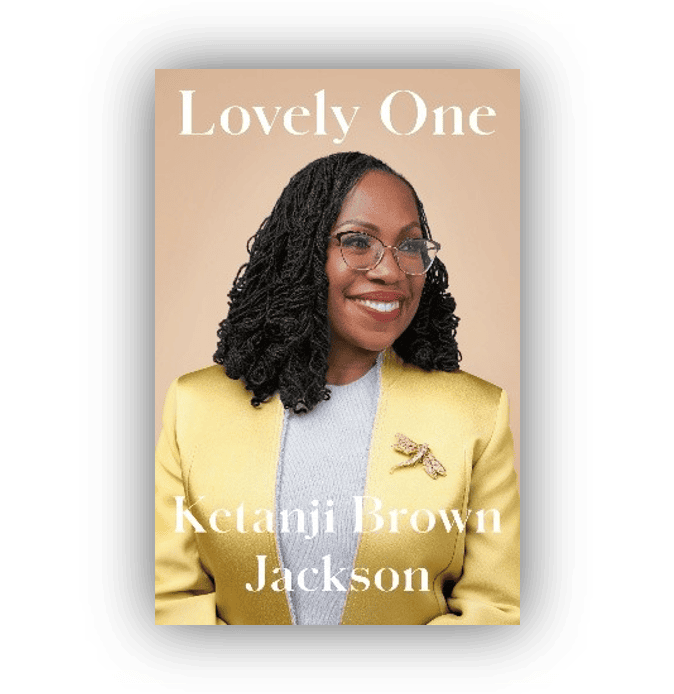
With this unflinching account, Justice Ketanji Brown Jackson invites readers into her life and world, tracing her family’s ascent from segregation to her confirmation on America’s highest court within the span of one generation.
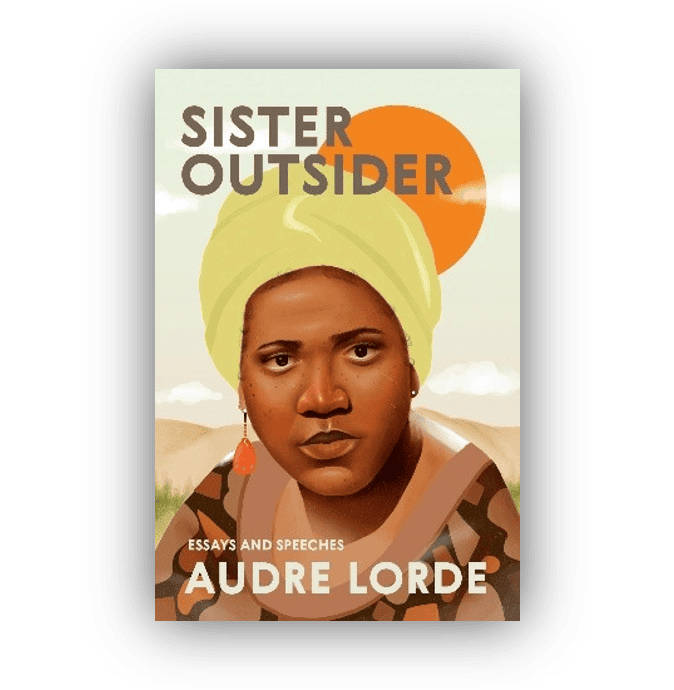
In fifteen essays and speeches dating from 1976 to 1984, Lorde explores the complexities of intersectional identity, while explicitly drawing from her personal experiences of oppression to include sexism, heterosexism, racism, homophobia, classism, and ageism.

One day, a cataclysmic event occurs: all of the white people in America walk into the nearest body of water. Cebo Campbell’s astonishing debut novel is about the power of community and connection, about healing and self-actualization, and a reckoning with what it means to be Black in America, in both their world and ours.
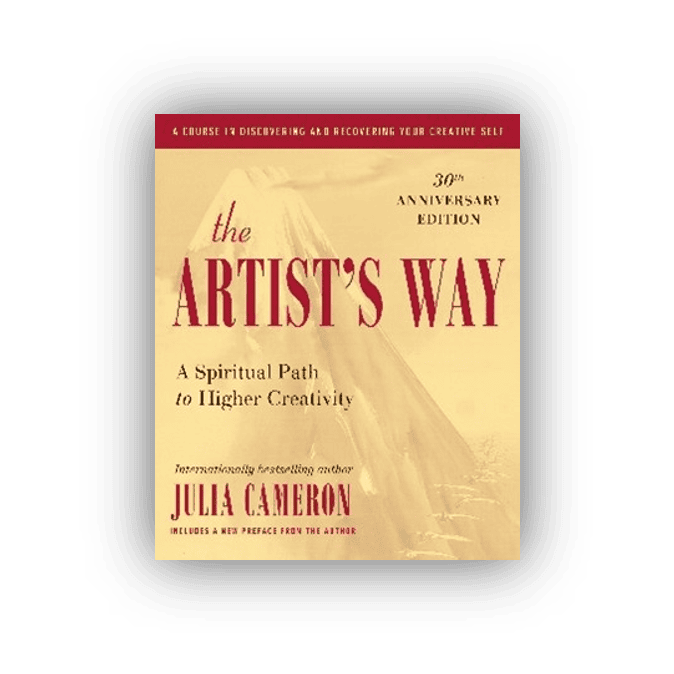
Cameron guides readers in uncovering problems areas and pressure points that may be restricting their creative flow and offers techniques to free up any areas where they might be stuck, opening up opportunities for self-growth and self-discovery.
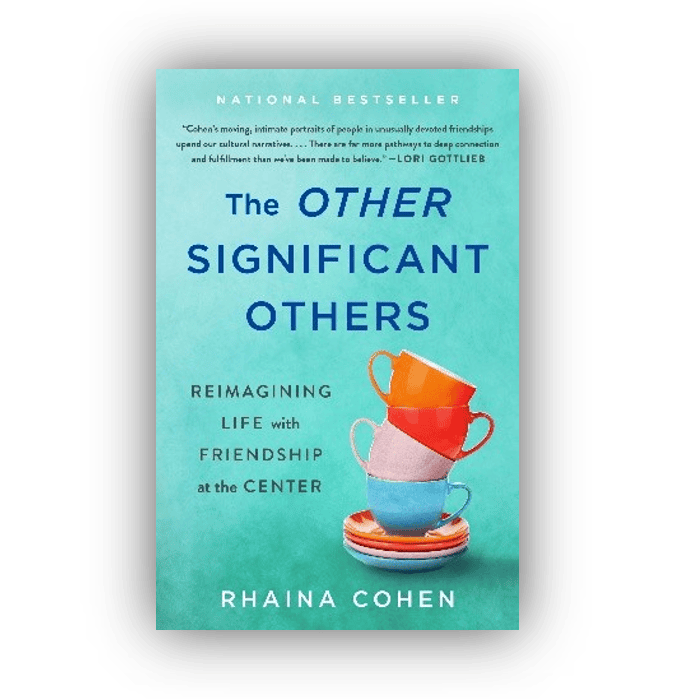
Why do we assume romantic relationships are more important than friendships? What do we lose when we expect a spouse to meet all our needs? And what can we learn about commitment, love, and family from people who put deep friendship at the center of their lives?

This is a portrayal, in riveting detail, the unexpected ways in which social class influences parenting in white and African American families. A decade later, Annette Lareau revisited the same families and interviewed the original subjects to examine the impact of social class in the transition to adulthood.

As we emerge from the past few years of collective upheaval, are we ready to face the complexities of our time with joy, authenticity, and connection? Now more than ever, we must learn to heal ourselves, connect with one another, and embody our values.
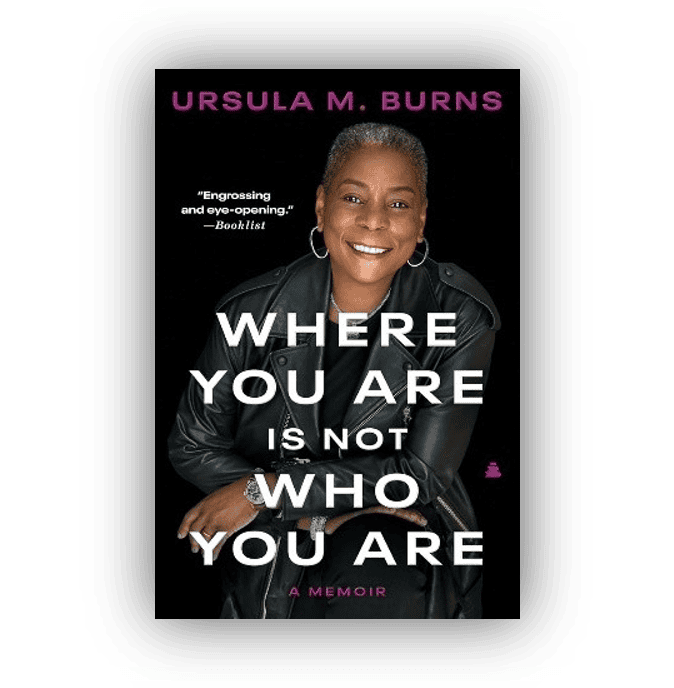
In 2009, when she was appointed the Chief Executive Officer of the Xerox Corporation, Ursula Burns shattered the glass ceiling and made headlines. But the media missed the real story, she insists. “It should have been ‘how did this happen? How did Xerox Corporation produce the first African American woman CEO?
